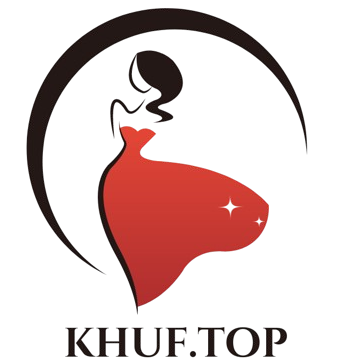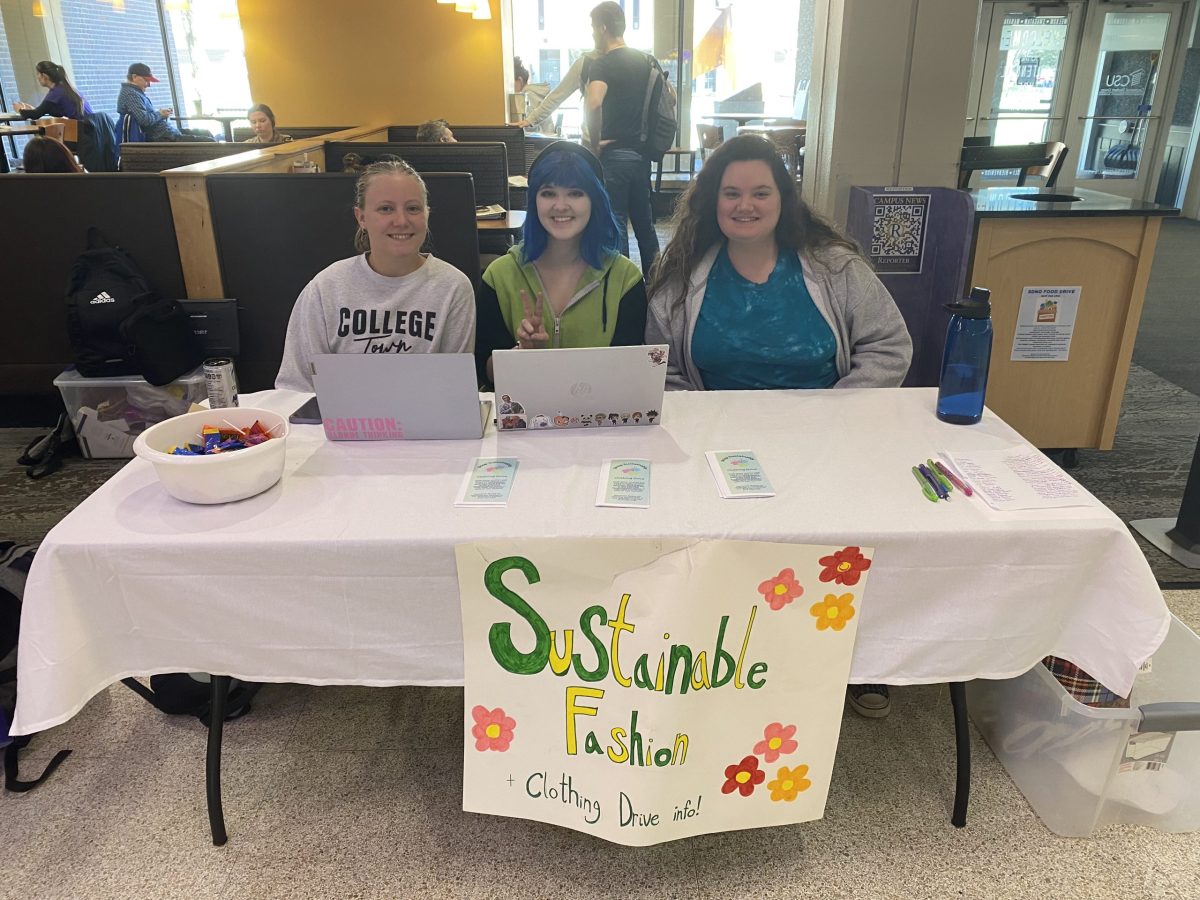A group of three Minnesota State individuals organized a garments drive this Wednesday to raise awareness of the fast-growing fast fashion industry and advocate for lasting style.
The clothing drive was organized as part of a class project on female activism, in which students formed groups and came up with project ideas that raised awareness of various feminist issues. Sophie Bowe, Abby Johnson, and Caitlin O’Brien chose the topic of rapid fashion knowledge.
There is a saying that one man’s trash is another man’s wealth. This event was co-ordinated by the three aspiring female activists to set up a “clothing switch.”
Clothing funds were made for the past month and displayed at the clothing travel. Individuals donated several components including hats, boots and handbags.
“We’re going to be giving them away for free. People will have the opportunity to find out their own clothing during a free shopping day. They can see the advantages of purchasing used items as opposed to fresh ones, Bowe said. “Next whatever we have leftover, we’re going to dedicate to CADA, which is a children’s house”.
A nonprofit organization called the Committee Against Domestic Abuse (CADA) serves victims and survivors of relationship abuse and sexual violence. Based in Mankato, they serve patients throughout west- central Minnesota.
Bowe, a mature and mentoring coordinator for the occasion, is a mindset significant, minoring in sex and women’s studies.
“With this clothes drive, our goal was to raise consciousness about the negative effects of the rapid fashion industry on the environment, the effects it has on staff in other countries, and what we can do these, on campus, and in our own daily lives to make a change and lessen our contribution to the rapid fashion industry,” Bowe said.
Senior Abby Johnson, a double major in psychology and gender and women’s studies, scheduled some aspects of the event.
“Before I learned all this information, I definitely believed sustainable fashion was much more out of reach for me just because I’m a college student. I have two jobs trying to support myself, so I don’t really have a lot of money. It was eye-opening to learn all this information about how it can actually be affordable. It got me thinking that I can be sustainable, I would not have to buy from places like SHEIN or H&M, which are fast fashion brands,” said Johnson
Students are encouraged to shop at affordable clothing stores, according to the event coordinators.
There are many ways to shop sustainably while keeping costs low, because I am aware that this is one of the biggest issues facing many college students. They can support sustainable fashion by purchasing secondhand or swapping clothes with their friends, and by visiting local boutiques and businesses that produce locally-grown clothing, Johnson said.
The trio also made arrangements to have their former classmate Sofia Meeh speak as a guest speaker. Meeh makes the majority of her own clothing out of recycled materials. She described the challenges she faced at first when upcycling clothing and the sense of accomplishment that followed.
“I got involved in this event because, at the beginning, when we were kind of giving ideas, I felt this was the event that I would most want to go to. Being able to pick out a ton of free clothing just sounds awesome. It appears to me that it will save me a lot of time, money, and surround me with many of my friends and community. O’Brian, a junior double majoring in psychology and gender and women’s studies, said, “It was the event that I was most interested in working toward and being a part of.”
The project was intended to teach activism theory and practice, according to the group.
It’s basically teaching young feminists how to do activism and how to do it for the rest of our lives, O’Brian said.
The students ‘ participation in the class project was crucial in getting them to understand the issues they might encounter when working on this kind of activism project.
When we actually go out into the world, we do have these activism projects that we want to put out ourselves, and when those problems arise, we know how to deal with them, O’Brian said.
O’Brien argues that sustainable fashion also involves stopping large clothing companies from petty theft, harming the environment, and making money off of young people.
” If someone comes in and they’re like, for the past couple months, I’ve needed a hoodie so bad, let me pop into this event, and they get three hoodies, they saved themselves money as well as not having a company profit from them, exploiting more workers, and damaging the environment. It’s really helping everyone involved,” said O’Brien.

